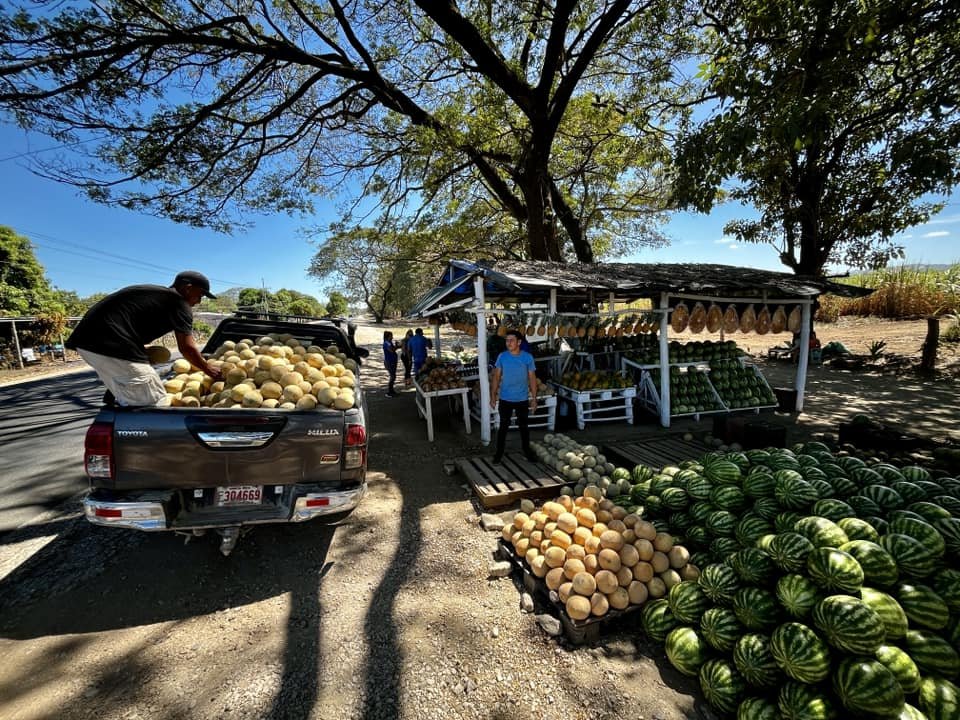Weekly Posts and Insights

Creating Humility In Community
Humility is not merely a trait to aspire to but a practice - an ongoing process of growth and self-awareness. In our communities, the true essence of humility, groundedness, and continuous learning often gets overshadowed by superficial notions propagated by motivational posters and self-help apps. What if we reframed humility as a skill that can be developed through intentional learning and self-reflection?

Turning Community Building and Leadership Upside Down
The Upside-Down Community Leadership concept envisions leaders at the bottom, serving and uplifting the community members. This inversion reflects a shift from self-centered leadership to a more altruistic and community-centric approach. The core principles of the Upside-Down Community concept align with virtues such as humility, compassion, and service to others. By adopting a servant-leadership mindset, community leaders prioritize the well-being of the community over personal gain. This model encourages leaders to lead by example, demonstrating that true greatness arises from selfless service and a commitment to the collective good.

Fostering Humanity in Community Leadership
As communities (both at work and in life) grapple with shifting values and ethics, steering away from a shared sense of humanity, the perilous path of individualism and vested interests looms. This phenomenon of individualism finds its roots in a focus on personal feelings and self-actualization, championed by great minds like Emerson and Thoreau. However, I would argue that in order to find ourselves, we have lost each other. The antidote to strict individualism lies in the love of humanity, a force that transcends self-interest and places communal well-being at its core.

Creating Pragmatic Hope In Your Community
Hope can be a faint glimmer on the distant horizon. It can keep us moving on the journey of community, belonging and love. Hope is a way of thinking - a cognitive process - or as C. R. Snyder called it a trilogy of: goals, pathways and agency.
Yes, hope is also based in emotions and can greatly inspire us to reach the highest heights, however its core is in ‘function.’ We experience hope when we can set realistic goals, when we can stay flexible and develop alternative pathways, and when we believe in ourselves or “agency.”

Building Bridges: The Transformative Power of Hospitality in the Workplace and Communities
Community, a term encompassing our town halls, spiritual centers, workplaces, and backyards, holds diverse meanings for different people. It can signify gathering, progress, workplace teams, civic justice, or merely the coming together of a people. Amid these various perspectives, one often overlooked concept stands out as a powerful force capable of transforming communities from the inside out: hospitality.

Craving Connection: The Deep Roots of Belonging in Human Existence
In the intricate tapestry of human existence, one common thread binds us all – the innate need for belonging. Recent research underscores the significance of finding a sense of belonging within close social relationships and communities for overall well-being. At our core, we are social beings, interdependent on one another for survival, and the ability to belong is a powerful force shaping our lives.

Culture vs. Community: Navigating the Truth of Connection
Culture and community are two intertwined concepts that shape the fabric of societies, defining the uniqueness of each group. While culture helps us differentiate societies, community goes beyond mere description, fostering a sense of fellowship among individuals who share common attitudes, interests, and goals within a specific area

Why Vulnerability Matters When Creating A Vision
Relationships matters when creating a vision for your organizations because you cannot create a vision without being innovative, creative and ready for change. Brene Brown once wrote about vulnerability saying, “Vulnerability is the birthplace of innovation, creativity and change.” Vulnerability is the ability to handle uncertainty, to take risks and most importantly embrace emotional exposure. This makes sense. Are you more likely to risk sounding “in left field” if you trust the team you’re with and can be vulnerable around them? Would you mention the “unmentionable” at a board retreat if you trusted that the board members have your best intentions at heart? How can we ask people to tell us their best, perhaps wackiest ideas if they can’t be vulnerable around us?

The 4 Things You Need To Be a Great Remote Leader
When it comes to remote work or some variation of it (hybrid work), the only negotiable is the speed at which we are willing to change our workplaces, not the change itself. Hopefully these 4 elements will give you a head start in adapting your workplace. Don’t wait to go completely remote, these tools work well with traditional workplaces too!

The 3 Big Things You’re Trying to Accomplish with a Strategic Retreat
What are you really trying to accomplish with a strategic planning retreat? Couldn’t a Level 5 leader, to use a Good To Great reference, figure out the risk-taking decisions, gain knowledge of the future, organize efforts, and measure results? So, why then do we gather people together to work on the above definition? Here is why we actually bring teams, boards and diverse people together for a strategic retreat….